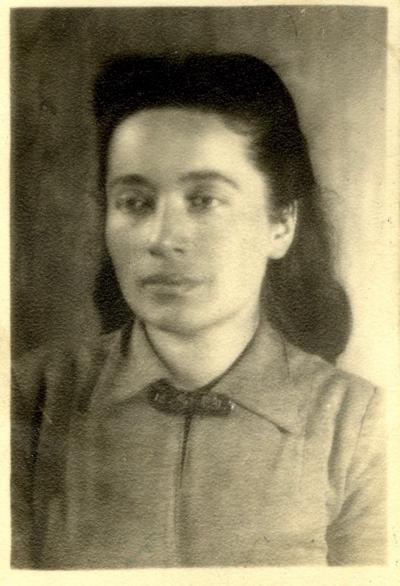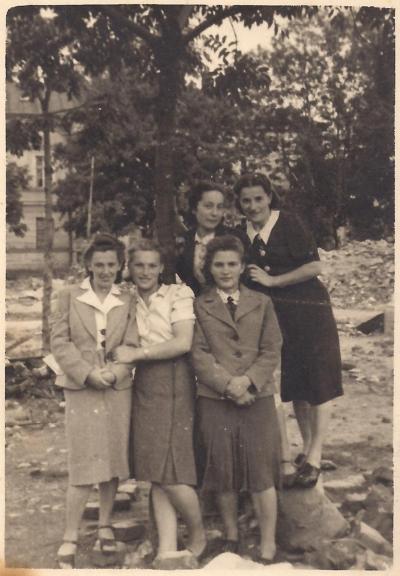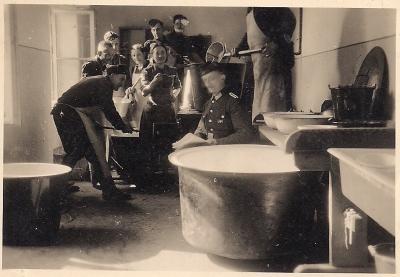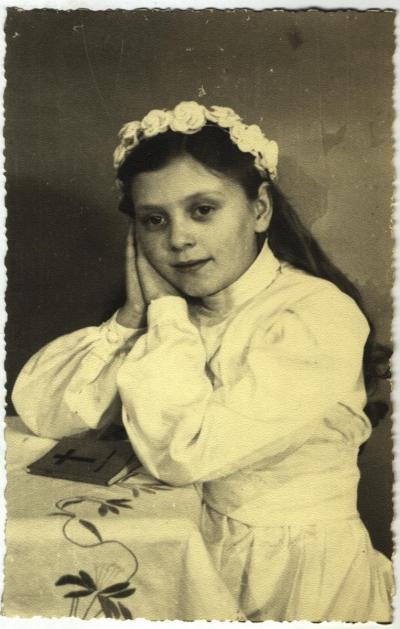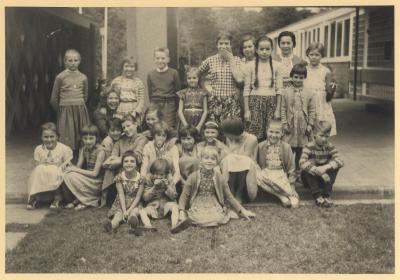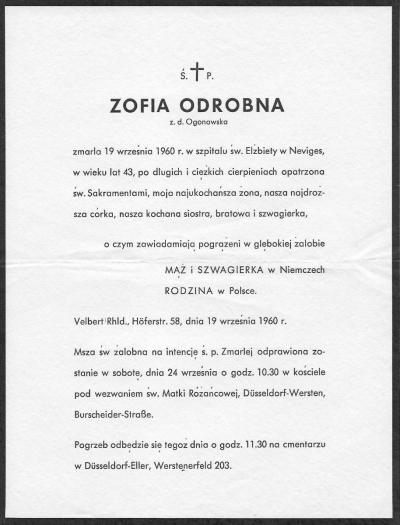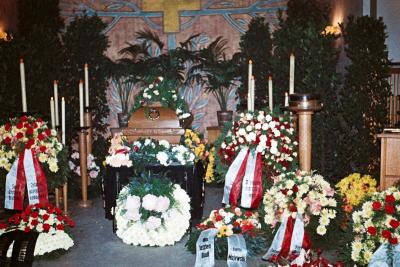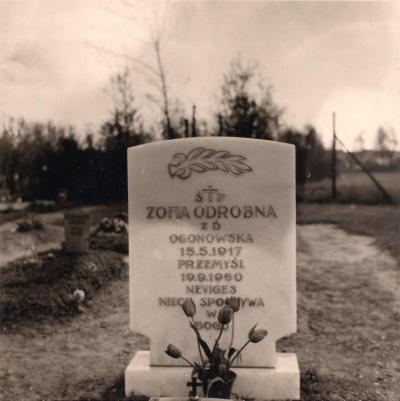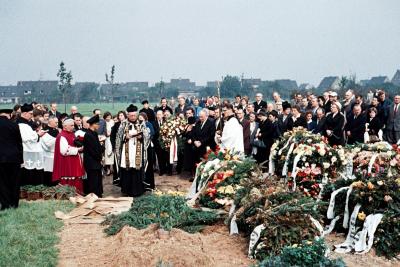Zofia Odrobna
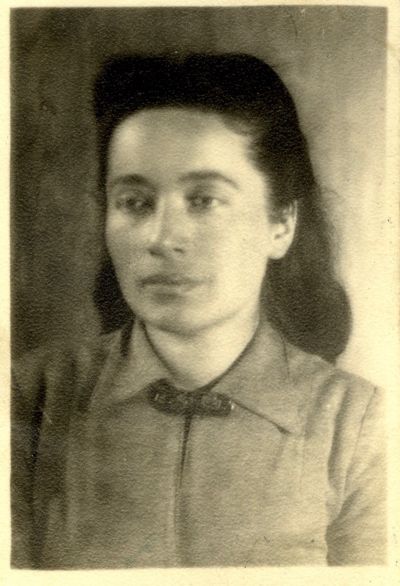
On the 17. April 1949 Zofia and Kazimierz Odrobny were married by Pastor Edmund Banaszak in the deanery of the First Corps in the Polish centre in the Cologne district of Mülheim. From this time onwards the couple devoted their energies to the needs of Polish refugees. Some months after their wedding they moved to the DP camp in an old garrison in Höxter. In the first half of the 1950s they moved to a district in Velbert that had been specially built for refugees. They lived here in Höferstrasse 58 until Zofia's death. After the war Zofia kept up close contact with her family in Poland above all with her sister, Izabela and her husband Mieczysław Zięba, who had remained in Przemyśl. Zofia and Kazimierz remained childless; most probably on account of her many health problems and the complications resulting from living in the camps. All this time she was cared for by her husband, Kazimierz, in times of difficulty and, despite her deteriorating health, she still continued to help alleviate the problems of even the most needy Polish refugees. Here she was often asked by acquaintances to become a godmother to Polish children. During this time she also campaigned a great deal for orphans in Germany. In this respect she worked with the Polish School Association (Polska Macierz Szkolna) and the Aid Action for Polish Children in Germany (Akcja Pomocy Polskim Dzieciom w Niemczech). In addition she also helped to organise the so-called “green schools” in holiday camps and summer holidays, as well as working to raise financial support for needy children.
After the League of Polish Refugees (Zjednoczenie Polskich Uchodźców) was set up, she was an active member in the organisation in the League's Second District, but without having a key position. Zofia and her husband were a good team: here, during the initial years of the League, Kazimierz was also active in organisational duties. When an education committee was set up by the main board of the League in 1953, Zofia was enthused by this theme. She corresponded with Zofia Arciszewska on matters to do with Polish children and organised trips from Germany to summer holidays in England. She knew that a change of climate and another environment would help the development of young Polish refugee children. In 1955, presumably on the suggestion of her husband, she applied to become a member of the National Party (Stronnictwo Narodowe) in West Germany. From 1956 to 1959 she was a delegate of the First District of the League of Polish Refugees in Velbert.
